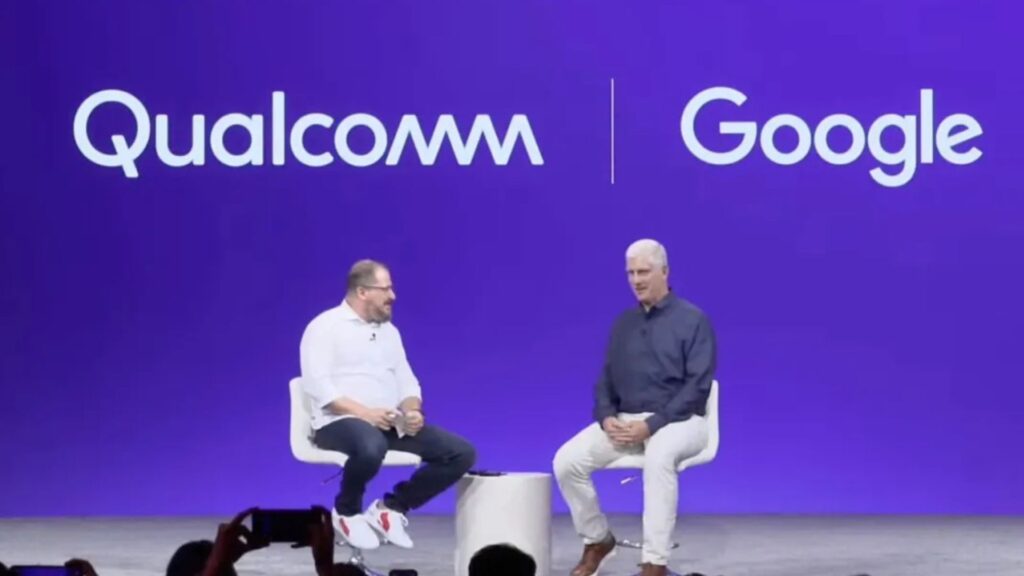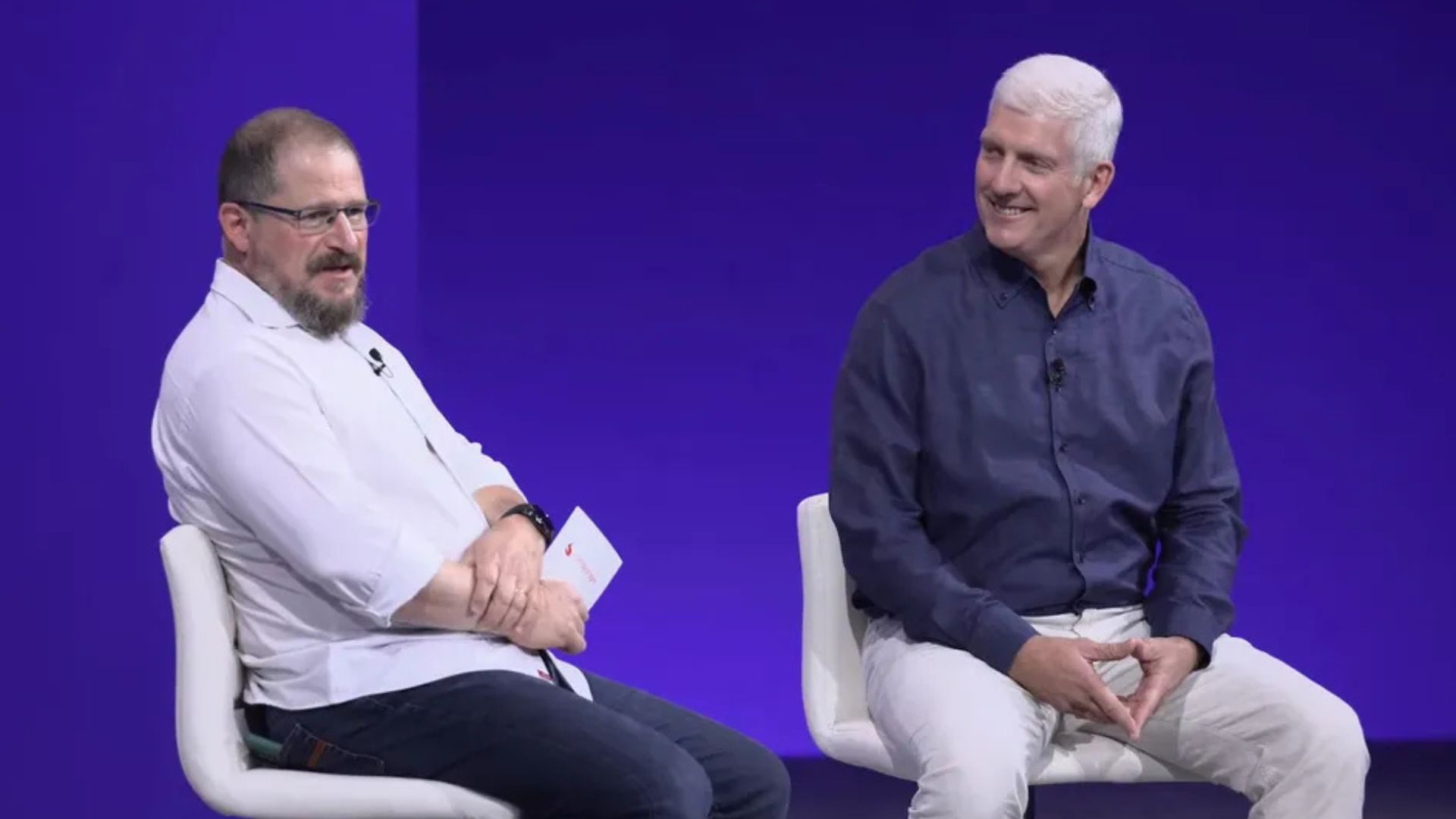Google and Qualcomm executives openly confirmed collaboration on a unified Android and ChromeOS platform for personal computers, with Qualcomm CEO Cristiano Amon calling the merged system “incredible” after experiencing it firsthand.
Confirmation from Qualcomm Summit

Screenshot: Dominic Preston / The Verge
At Qualcomm’s Snapdragon Summit in Maui, Hawaii, Google’s Senior Vice President of Devices and Services Rick Osterloh announced that the two companies are “building together a common technical foundation for our products on PCs and desktop computing systems,” marking the first clear acknowledgment of the Android–ChromeOS convergence project (Android Authority). During the opening keynote, Osterloh explained that, historically, Google maintained separate operating systems for mobile and PC, but now aims to combine their strengths into a single platform.
Qualcomm CEO Cristiano Amon reinforced this commitment, telling the audience, “I’ve seen it, it is incredible. It delivers on the vision of convergence of mobile and PC. I can’t wait to have one,” suggesting Qualcomm’s Snapdragon processors will power the new system (Tom’s Guide). Osterloh also highlighted plans to integrate Google’s Gemini AI models and assistant services across the unified OS, extending the mobile app ecosystem into the PC domain (PC Gamer).
Market Implications for Windows
The Android–ChromeOS merger represents Google’s most ambitious challenge to Microsoft’s 70% global PC market share for Windows, dwarfing ChromeOS’s current 1.8% foothold (The Verge). By leveraging ARM-based Snapdragon chips—expected to include the forthcoming Snapdragon 8 Elite Gen 5—Google could offer PCs with superior battery life and efficiency compared to traditional x86 Windows laptops. Observers note that merging mobile simplicity, Android’s vast app catalog, and Google AI into a single operating system could entice users disenchanted with Windows’ complexity and privacy trade-offs, potentially opening a significant new front in the desktop OS wars.













